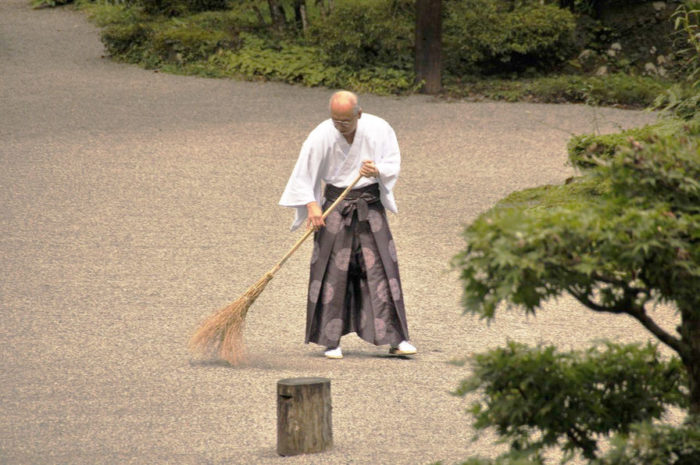Sustainability is skills you practice a lifetime, not a checklist of “ten little things” like journalists promote.
When I teach my core sustainability leadership practice, the Spodek Method, in classes and corporate workshops, I have participants pair up and practice it with each other. When there is an odd number of participants, one usually pairs with me, leading me to new commitments on my environmental values.
At first I worried I’d run out of commitments after reading many ten-little-things-you-can-do-for-the-environment articles that promote the same things. Those CCCSC bludgeoning tactics (convincing, cajoling, coercing, seeking compliance: the opposite of how I lead) lead people to think there are are small number of things they can do. Even people who want to act meaningfully will do seven and consider themselves one of the good guys.
I’ve found the opposite:
The more people lead me through the Spodek Method, the more commitments I come up with to do. Sustainability isn’t a checklist. It’s skills. Like all skills, we master them with practice.
Like playing an instrument, making art, playing a sport, or other skill we can master, the more we master sustainability skills, the more we gain self-awareness, self-expression, appreciation of nuance and subtlety, attention to detail, and what comes with mastery. I can imagine our ancestors before pollution receiving these benefits like a birthright since I imagine they come with living in nature. Living in cities and modernity likely suppresses them. I can’t see the Milky Way from light and chemical pollution, let alone identify properties of most trees near me.
We’ve buried and polluted what was once our birthright to live in wonder, awe, self-awareness, self-expression, and what comes with mastering a challenging set of skills.

Read my weekly newsletter

On initiative, leadership, the environment, and burpees